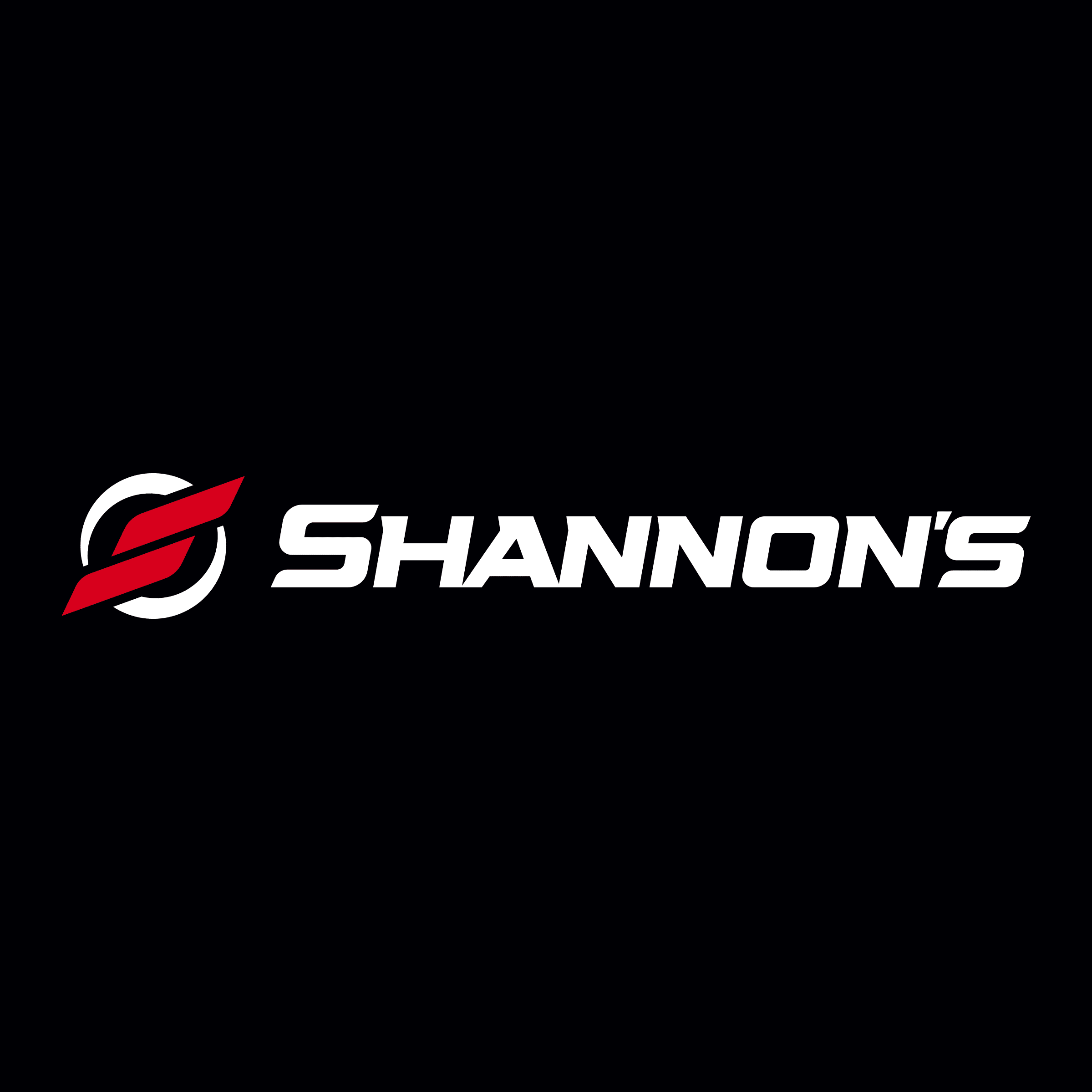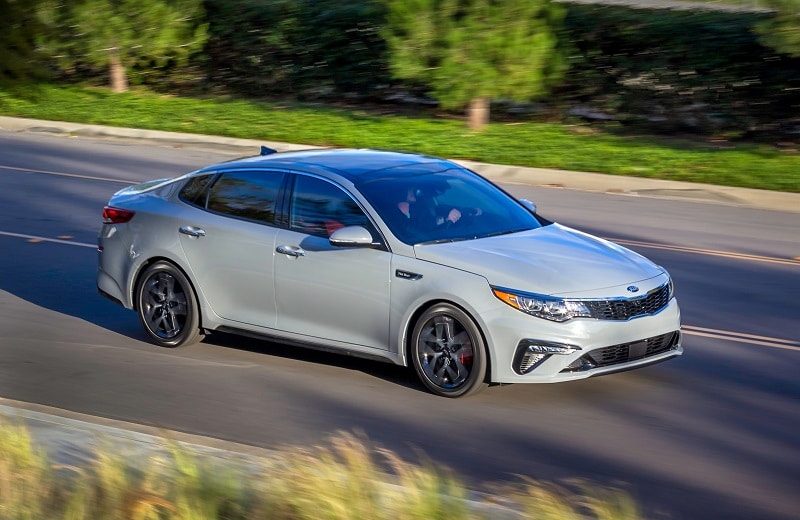The 2019 Kia Optima is a popular vehicle that does have several repair procedures outlined by the manufacturer. In this article we’ll cover the unique aspects of repairing this particular model, so you can make an educated decision when bringing your vehicle in for repairs.
So many car models are being redesigned and updated these days that it’s not only a challenge for the repair technicians to get the most updated information on what a specific model needs, it’s also hard for the owner of the vehicle to know whether their car is being repaired in the right way. If you’re not a well trained or certified repair technician, and don’t really have the expertise or the time to become a technical expert on the unique features of your car, it’s easy for auto repair shops to take advantage and use unsafe shortcuts to make it seem like they’re “fixing” your car.
Improper repair methods can not only affect your warranty on the vehicle, but also endanger your safety in the long run.
Some factors to consider when bringing your 2019 Kia Optima in for repairs include:
Cruise Control Sensor
On the 2019 Kia Optima, the adaptive cruise control sensor is located behind the front bumper. If the bumper is damaged and needs to be removed or replaced, the sensor should be calibrated. Be sure to ask your auto body shop about this so it isn’t overlooked, even if the repair is a small one.
Front Lower and Upper Rails
On this model the upper rails allow for a partial part replacement, while the lower rails have a partial part replacement and sectioning procedure provided by the manufacturer. This means that when you take your 2019 Kia Optima in for damage to the front rails, your repair technician should explain that there are specific parts that can be ordered from the manufacturer as opposed to a full body replacement depending on the extent of the damage.
Cameras
There is also a forward collision camera on the front windshield and is a part of the automatic collision braking system. If any part of the windshield is removed or replaced, this camera should be calibrated to keep it in good working condition.
Headlamps
The headlamps on the 2019 Kia Optima have several moving parts. Some models have automatic dimming lights for oncoming traffic (or what’s called high beam assist). Some have headlamps that can swivel with the steering wheel or adjust brightness based on the speed of the vehicle. All of these features mean that if any part of the headlamps are damaged and need to be replaced, the sensors in these lights will need to be reset.
Rear Cameras and Sensors
The 2019 Kia Optima has a 360 degree camera system, meaning there is a camera on the back hatch of the vehicle along with four park assist sensors along the bottom of the bumper and blind spot indicator sensors in the left and right corners. If any of these features are removed or replaced, they’ll have to be calibrated to ensure the vehicle is just as safe as when you bought it.
Conclusion
Because there are so many new specifications and unique repair procedures to follow, it’s important to your safety and the value of the vehicle that your collision repair center does the research to fix it in the right way. Car manufacturers are becoming more and more autonomous these days, meaning newer models require specific materials and repair procedures that are unique to their company.
Many New Jersey auto body shops like to cut corners to save money or shorten the time needed for repair. As the car owner, it’s in your best interest to find a reputable collision repair shop like Cherry Hill Collision that follows the procedures provided by the manufacturer to restore that vehicle back to the exact way it was prior to the accident “pre-loss condition”.
We hope this information gives you a better understanding of the basic unique features of your car, and gives you confidence in ensuring your repairer is performing repairs in the right way.
We at Cherry Hill Collision follow established internal standard operating procedures (SOPs) that direct each phase of our meticulous process. Every Cherry Hill Collision technician receives specific training to ensure consistent, accountable, and uniform repairs. You can depend on us as a superior provider of auto body repair services in the Cherry Hill, NJ area.
If you’d like to schedule an appointment or to get an online quote, click any of the buttons below! Or, feel free to give us a call at (856) 663-0500. We look forward to hearing from you!



